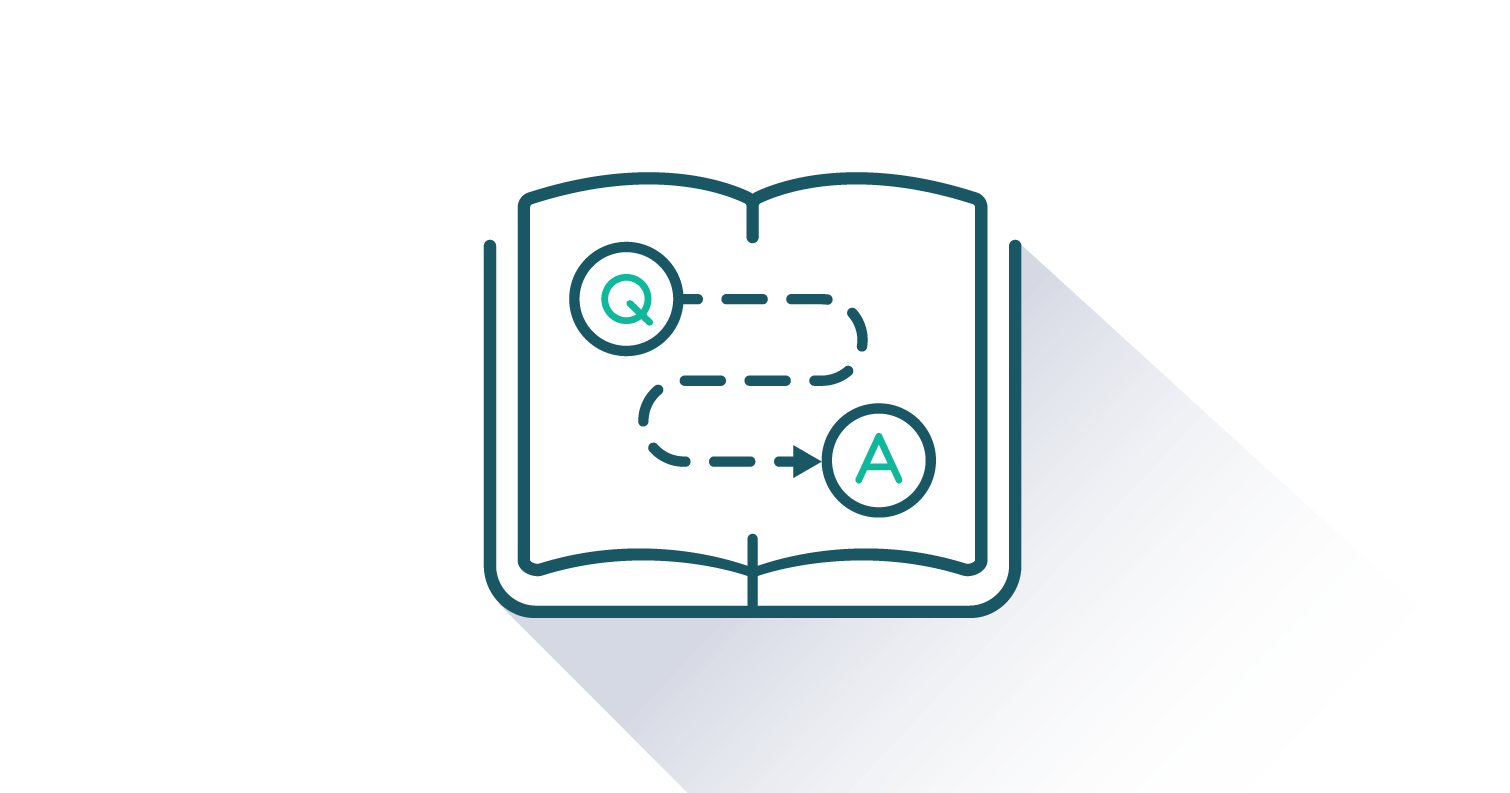Introductory Statistics: A First Course
Version 2.0
By Douglas S. Shafer and Zhiyi Zhang
Included Supplements
Key Features
- Concise, streamlined approach
- Wide range of exercises for each concept to drive comprehension
- "Large Data Set Exercises" link to downloadable files
- Customizable
Students
- Online Access Price
- $36.95
- Color Printed Textbook with Online Access Price
- $63.95
This textbook is suitable for the following courses: Introductory Statistics (one semester).
Introductory Statistics: A First Course provides a concise, coherent explanation of introductory statistics topics that caters to the needs of general education students in standard one-semester introductory courses. Introductory Statistics: A First Course ensures student comprehension by focusing on important core concepts and using a variety of exercises and examples to illustrate topics covered. As a result, Introductory Statistics: A First Course provides a low-cost, high-quality alternative to existing options on the market.
New in This Version
- Improved presentation of the median and quartiles
- Simplified the condition that must be met for validity of statistical analyses of popular proportions
- About the Authors
- Acknowledgments
- Dedication
- Preface
-
Chapter 1: Introduction
-
Chapter 2: Descriptive Statistics
-
Chapter 3: Basic Concepts of Probability
-
Chapter 4: Discrete Random Variables
-
Chapter 5: Continuous Random Variables
-
Chapter 6: Sampling Distributions
-
Chapter 7: Estimation
-
Chapter 8: Testing Hypotheses
-
Chapter 9: Two-Sample Problems
-
Chapter 10: Correlation and Regression
-
Chapter 11: Chi-Square Tests and F-Tests
-
Appendix A: Appendix

FlatWorld Homework
FlatWorld Homework includes multi-format questions written specifically for your FlatWorld book, which you can access through our stand-alone interface or integrate with your learning management system.

Instructor’s Manual
The Instructor’s Manual guides you through the main concepts of each chapter and important elements such as learning objectives, key terms, and key takeaways. Can include answers to chapter exercises, group activity suggestions, and discussion questions.

PowerPoint Lecture Notes
A PowerPoint presentation highlighting key learning objectives and the main concepts for each chapter are available for you to use in your classroom. You can either cut and paste sections or use the presentation as a whole.

Test Generator - powered by Cognero
FlatWorld has partnered with Cognero, a leading online assessment system, that allows you to create printable tests from FlatWorld provided content.

Test Bank Files for Import to Learning Management Systems
For your convenience, we've packaged our test items for easy import into Learning Management Systems like Blackboard, Brightspace/D2L, Canvas, Moodle, or Respondus.

Solutions Manual
For exercises that need a little more explanation, our Solutions Manual will take you step by step through solving the problem and offer explanations on the answer.

Test Item File
Need assistance in supplementing your quizzes and tests? Our test-item files (in Word format) contain many multiple-choice, fill-in-the-blank, and short-answer questions.
At FlatWorld, we take pride in providing a range of high-quality supplements alongside our titles, to help instructors teach effectively. Supplements are available for instructors who have registered their adoption with us. If you need to review or preview something specific, please contact us.
Already registered? Sign in here.
Additions & Errata
- Changed 0.020 to 0.20 in Question 5(b) of the Basic Exercises in Chapter 5, Section 4 (9/14/20)
- Changed the "sigma/2" to "alpha/2" in two instances (once in Example 8 and once in Example 9) in Chapter 7, Section 4. Note this change appears in the online version of this book and in the PDF, but not in the eBook (10/28/20).
- Changed the "sigma/2" to "alpha/2" in the equation directly above Example 8 in Chapter 7, Section 4. Note this change appears in the online version of this book and in the PDF, but not in the eBook (12/2/20).
- Changed "15 Type A strips..." to "16 Type A strips..." and "20 Type B strips..." to "21 Type B strips..." in Example 6 in Chapter 11, Section 3. Note this change appears in the online version of this book and in the PDF, but not in the eBook (12/2/20)
- Changed "five categories" to "four categories" in Basic Exercises Question 1 in Chapter 11 Section 2 (12/17/20)
- Changed "Q_3=3800" to "Q_3=3050" in Question 9 Part (c) of Chapter 2 Section 4 (12/17/20)
- Changed "n=10" to "p=0.25" in Question 7 Part (a) of Chapter 4 Section 3 (12/17/20)
- Changed "n=957" to "n=975" in Question 10 Part (c) of Chapter 4 Section 3 (12/17/20)
- Changed "n=1750" to "p=0.79" in Question 10 Part (d) of Chapter 4 Section 3 (12/17/20)
- Changed "P(−4.22 < Z < −1.39)" to "P(−1.37 < Z < 5.11)." in Question 5 Part (b) of Chapter 5 Section 2 (12/17/20)
- Parts (b) and (c) of Question 1 in Chapter 5 Section 3 were switched (12/17/20)
- Added two values—"25" on the left and "20" on the right—to the bottom of the data set in Question 14 of Chapter 9 Section 2 (12/17/20)
- Changed the answer to Basic Exercises 5(b) in Chapter 5, Section 4 from 0.84 to 2.05 (2/10/21)
- Changed the "=" sign in the alternative hypothesis, "Ha: mu = 127.50," in Example 1 in Chapter 8, Section 1 to a ">" sign (2/10/21)
- Changed 2.235 to 2.325 in the Answer to Question 5(a) of the Basic Exercises in Chapter 8, Section 2 (4/21/21)
- Changed the null hypothesis from mu > 127.50 to mu = 127.50, and the altenrative hypothesis from mu = 127.50 to mu > 127.50, in Example 1 in Chapter 8, Section 1 (4/21/21)
- Deleted "(the 2.1 minutes pertains to the old drug, not the new one)" from Step 2 of Example 4 in Chapter 8, Section 2 (4/21/21)
- Changed "If sigma is known" to "If sigma is unknown" for T-statistic in Chapter 8, Section 4 (5/3/21)
- Changed 72.35 to 41.04 in answer to Question 11 of the Application Exercises in Chapter 11, Section 1 (5/3/21)
